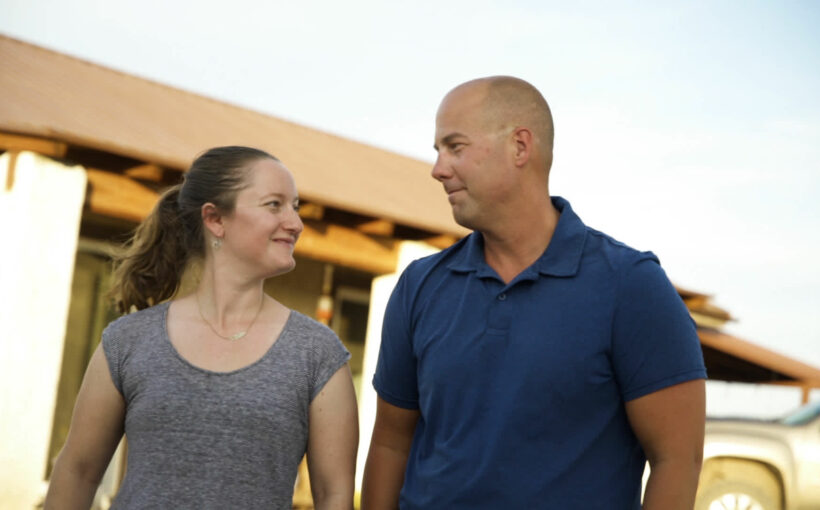Steve Adcock fields questions about his lifestyle all the time. The 39-year-old has been retired from his career in information technology since 2016 and lives off of the savings and retirement accounts he built up with his wife Courtney.
Having been out of the full-time workforce for half a decade, Adcock tells CNBC Make It that people are often curious about whether he still considers himself employable. One of the things that keeps people from participating in the FIRE (financial independence, retire early) movement, he says, is the fear that they won't be able to get another job if they change their minds after a few years.
But this is a flawed way of thinking about it, he says. Instead, early retirees should feel confident that the skills that let them retire decades before their peers will keep them marketable should they want to get back to work.
"One of the biggest misconceptions about early retirement is that you can never take a job again, or you can never do anything for money again," Adcock says. "And that's simply not true. In fact, if you're an early retiree, the likelihood is that you will find opportunities to make money if you want to."
Though Adcock admits that most early retirees "probably won't be able to get [their] same job back," he says that the fact they were able to retire early in the first place means they likely have a marketable skill which will still be useful should they decide to take on work. "You'll be able to find a job somewhere," he says.
Last year, Adcock brought in a little less than $15,000 from his e-books, YouTube channel and taking odd jobs in IT. He doesn't set a goal for how much work he wants to do each year, but keeps in touch with recruiters who reach out when they have something they think he might like.
"I like to earn an income doing things that I like," Steve says. "I don't do what I do because I need the income. I do what I do because I think it's cool. It's thrilling to do something you fundamentally enjoy and get paid for it."
Courtney, who was 33 when she joined Steve in early retirement, notes that she has been able to take on jobs and skills that she otherwise wouldn't have when she had a full-time role as an engineer. She currently volunteers on the board of a local project that is trying to create a local water system for their area and runs a small YouTube channel that promotes creativity though activities like knitting and wire weaving.
"Now you can work for free," she says. "You can volunteer not only money, but time. You have a lot more options in terms of what you can do to help out and be of service to others than when you might have been working."
What's your budget breakdown? Share your story with us for a chance to be featured in a future Millennial Money installment.
Sign up now: Get smarter about your money and career with our weekly newsletter
Don't miss: Here’s how much you’d have if you invested $1,000 in Amazon in 2011
Source: Read Full Article
